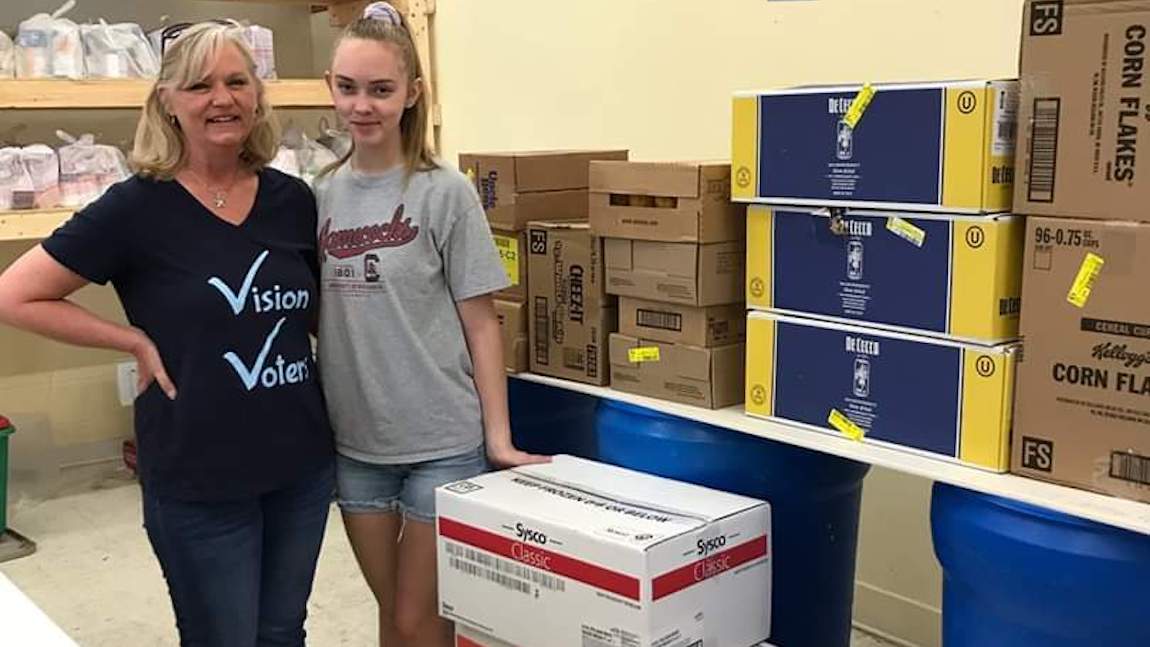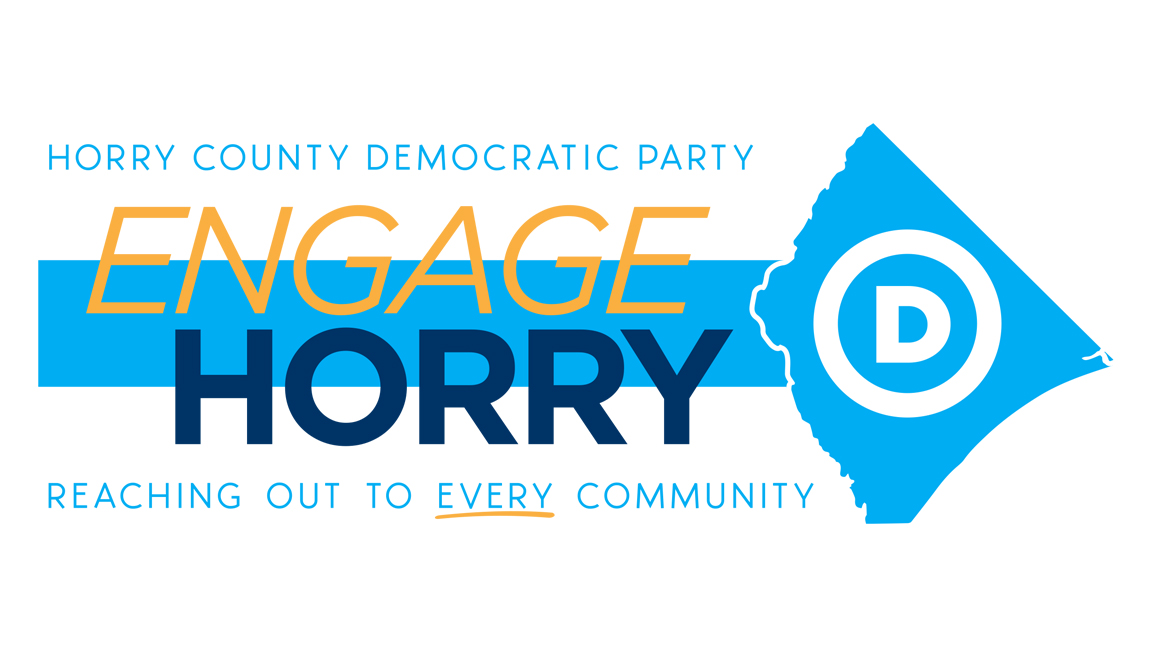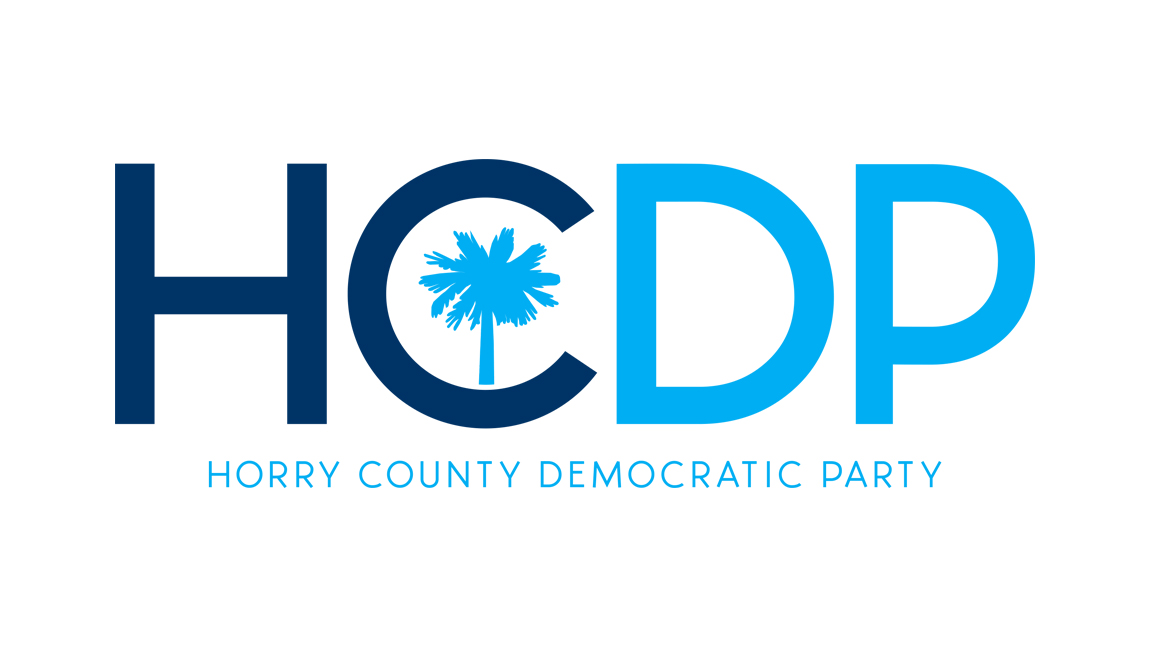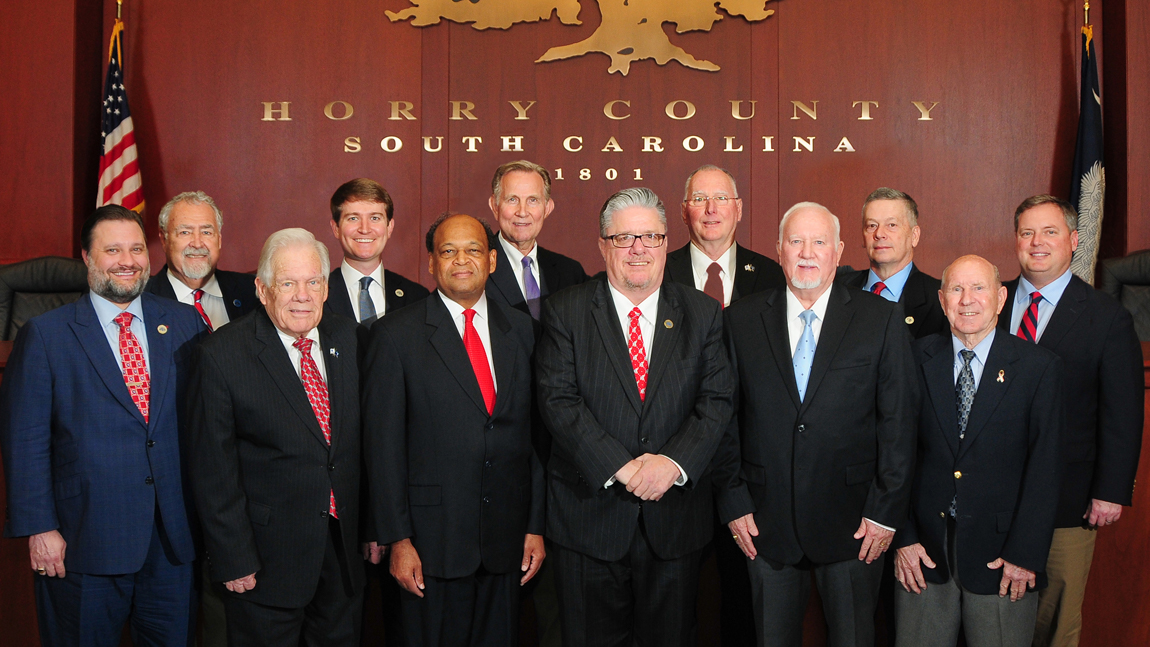Above Photo: Jennifer and Hannah Mullen, of the Horry County Citizen’s Crisis Response Facebook group, which helps provide groceries, meals, and assistance to people in need.
By Andrew Pauly
There is no question of the trying times caused by COVID-19-related business shutdowns, at least temporarily leaving many without a paycheck and the financial means to even provide food for their families, even while worrying about the serious health implications of this pandemic.
Fortunately, Horry County is blessed by many residents who are stepping up to provide help for those in need within our community. Here are just a few of those stories:
Jennifer Mullen, a local realtor, is executive director of the Horry County Citizen’s Crisis Response Facebook group, which works with local volunteers to provide groceries, meals, and assistance to people in need during the crisis. The volunteers work out of a storage unit, organizing grocery orders for people struggling due to the shutdown.
“The majority of people we have helped have needed food, but we have also helped with rent, car repairs, household items, new tires and a host of other things,” explained Mullen The group currently has over 22,000 members, and staff receives an average 20 emails daily with requests.
“[We] have fed over 150 families at this point [and] we have helped single parents get out of toxic situations,” added Communications Manager De Anna Mason. The group also provides housing, unemployment information, testing questions, and many other services through various resources.
A Boy and His Allowance
Greyson Winfield, a local 7-year-old boy living in Conway, has decided to donate his allowance to those struggling during the shutdown. Greyson earns his allowance by doing chores and has saved Christmas and Birthday cards.
“Greyson has always been a giver,” said his mom, Stevielyn Winfield. “He is willing to help anyone at any time. It could be a human, an animal, a tree down in the road… he’s always coming up with ways to help.”
Through the Horry County Citizen’s Crisis Response Facebook group, Greyson provided gift cards to three families, including Sylvia Marlow and her husband. “When Greyson’s smiling face came to my door, it just made my day,” said Mrs. Marlow.
Now, young Greyson is starting a non-profit called Helping Footprint to further help residents affected by COVID-19. The idea was born when Greyson and his brother, Garrett, began helping others during Hurricane Florence in 2018 by donating toys, filling sandbags, and making sure others had clean water.
During the COVID-19 crisis, Greyson and Garrett both have set an example for leaders in our community.
Freedom Readers
Freedom Readers is a local literacy initiative for elementary school students living in low income areas. Ordinarily, students would be provided with free tutoring and books with the goal of increasing literacy rates in Horry and Georgetown counties. The program usually has three sessions a year ranging from eight to eleven weeks long.
But seven weeks into the spring session, the shutdown forced Freedom Readers to adapt. Social distancing measures caused the program to switch to an online format utilizing Facebook Live.
Tracy Baily, the organization’s chief executive officer, says that because schools are closed for an extended period of time, the program is even more essential to ensure students keep up with literacy standards. The non-profit, seeking to send students books via mail and email, needs more volunteers. They plan to continue with summer sessions with the theme of gardening, where students learn about nutrition and agriculture.
Help 4 Kids
Help 4 Kids is a local non-profit organization that provides food, clothing, hygiene items, and more to students living in the community. Prior to the COVID-19 shutdown, students received food and supplies at school for the weekend. But, because of school closures, students have had to receive food and supplies for the whole week, and volunteers have also been limited to a select few.
Help 4 Kids previously distributed non-perishable food items, but recently started providing fresh fruits and vegetables for students. Rather than being distributed at school, Help 4 Kids switched to delivering to homes and neighborhoods.
In addition to modifying operations, Help 4 Kids had to become creative to make up for lost income due to losing monthly Walmart Food Drives and three of their largest fundraisers.
“We had Jersey Mike’s Day of Giving, Pelicans Night at the Ballfield, and a big golf tournament, so far cancelled,” explained Bridget Brancato, Help 4 Kids events coordinator. Help 4 Kids accepts direct donations and has set up virtual fundraisers to help pay for the food and supplies they distribute.
Food Banks
The Community Kitchen of Myrtle Beach is a local food bank that has taken proactive measures during the shutdown. The food bank switched to a pickup format where guests were asked to wait outside, with only five able to enter at a time. Executive Director Sean Mazur says the kitchen has been struggling to meet the needs of the community.
“Of course, none of the supplies to do this were figured into our budget,” he said. “To-go boxes, to-go cutlery, disposable coffee cups, and portable drinks are expensive items to purchase, but we are committed to staying open and feeding all who come to us who are hungry.” Mazur emphasized the need for volunteers and donations.
“We lost 90 percent of our 80-100 volunteers that it takes to run the kitchen on a weekly basis,” he said. “Food has also become an issue. With the high demand for items at the grocery stores, our daily donations that we pick up from the grocery store have been dwindling.” Despite the limitations, the continued efforts of volunteers have kept the kitchen open and running.
The Lowcountry Food Bank (LCFB) operates in 10 counties across South Carolina including Horry County and has shifted to a drive-through style pickup to allow for social distancing. The organization has distributed over 1 million meals since the COVID-19 crisis began, and has seen a 379 percent increase in the number of people needing help.
The sudden increase in demand of the LCFB has been a challenge for workers and volunteers. With the closing of 15 percent of LCFB partners, it has been increasingly difficult to meet the demand for food and supplies.
Despite the setbacks, the LCFB has distributed over 20,000 disaster food boxes, over 18,000 backpacks to children out of school, and has seen a 200 percent increase on the “Find Help” webpage.
Jill Hirsekorn, the LCFB Director of Communications, says there has been an increase in volunteer shifts to meet the need while limiting the number of volunteers to the recommended level. Every volunteer is given a mask and gloves and is required to sanitize their hands before each shift.
These are just some of the local heroes who are stepping up to help Horry County residents who have been impacted by COVID-19 crisis. It is not intended to be an exhaustive list, simply an example of the kindness and generosity that is evident within our community in this time of need.
HCDP solutes these organizations and individuals who are so generously giving of their time, their resources – even their allowance – to help us weather the coronavirus storm.





